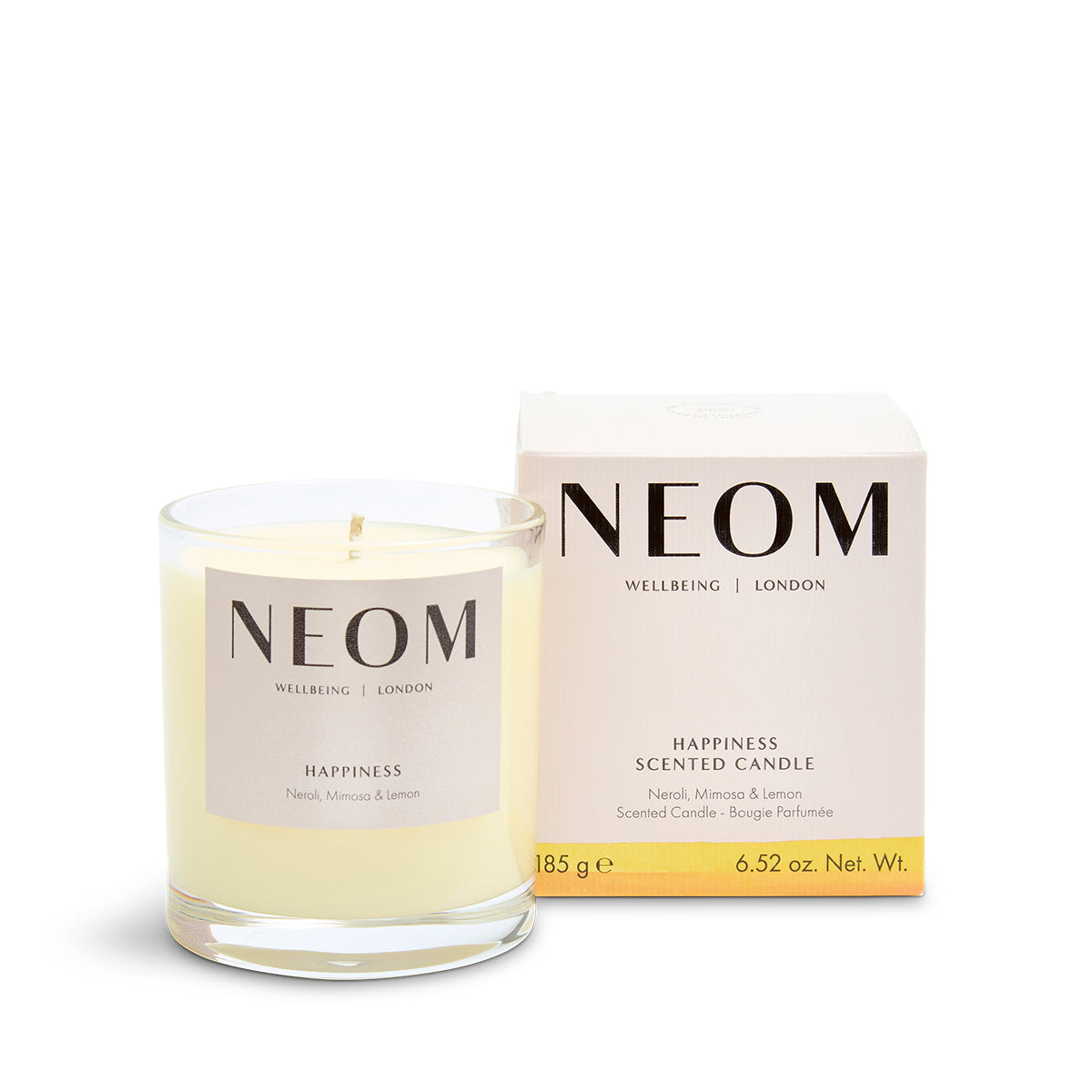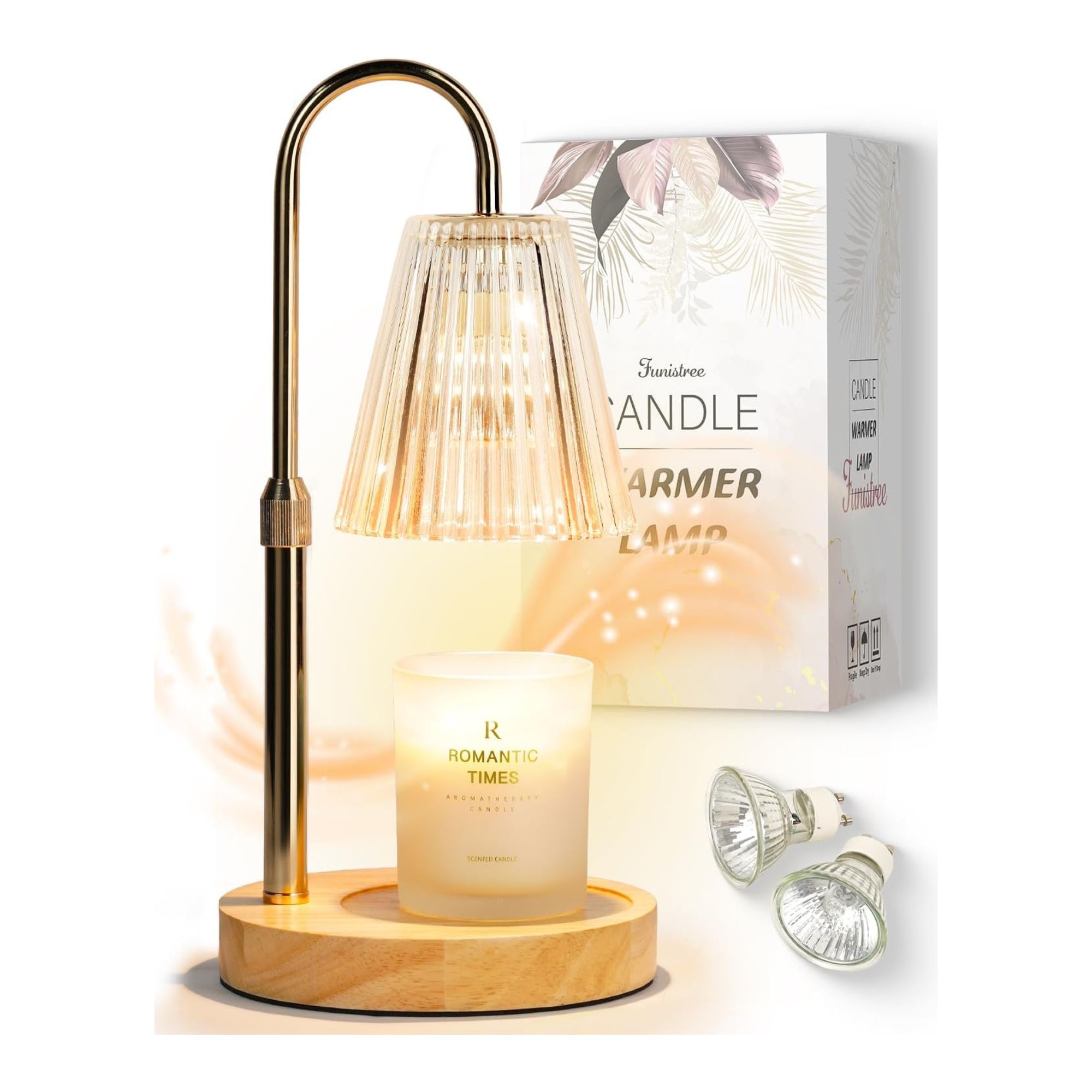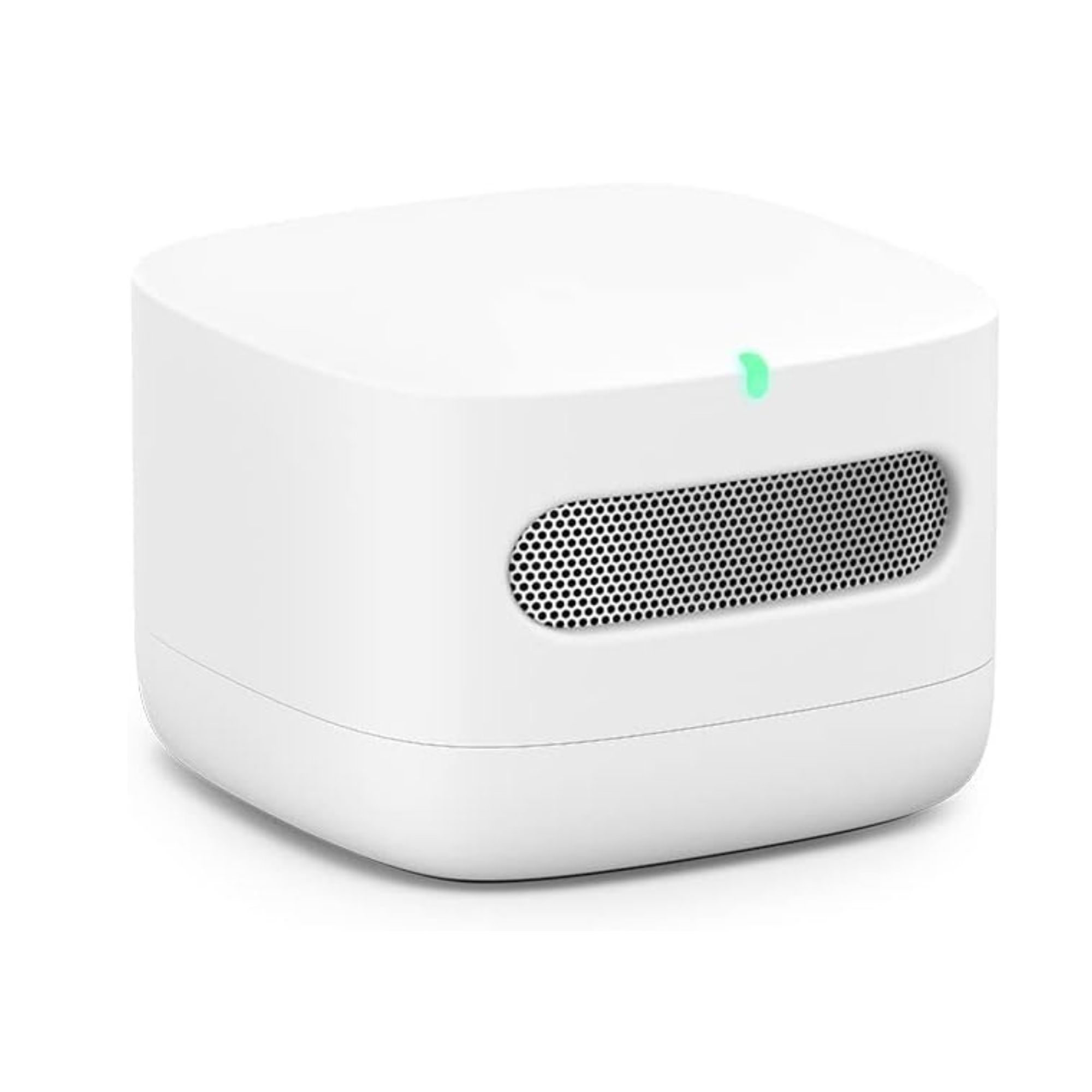I used to love lighting candles until I saw what they were doing to my home’s air quality – these are the changes I’m making to reverse the damage
Why I've stopped burning candles the 'normal' way

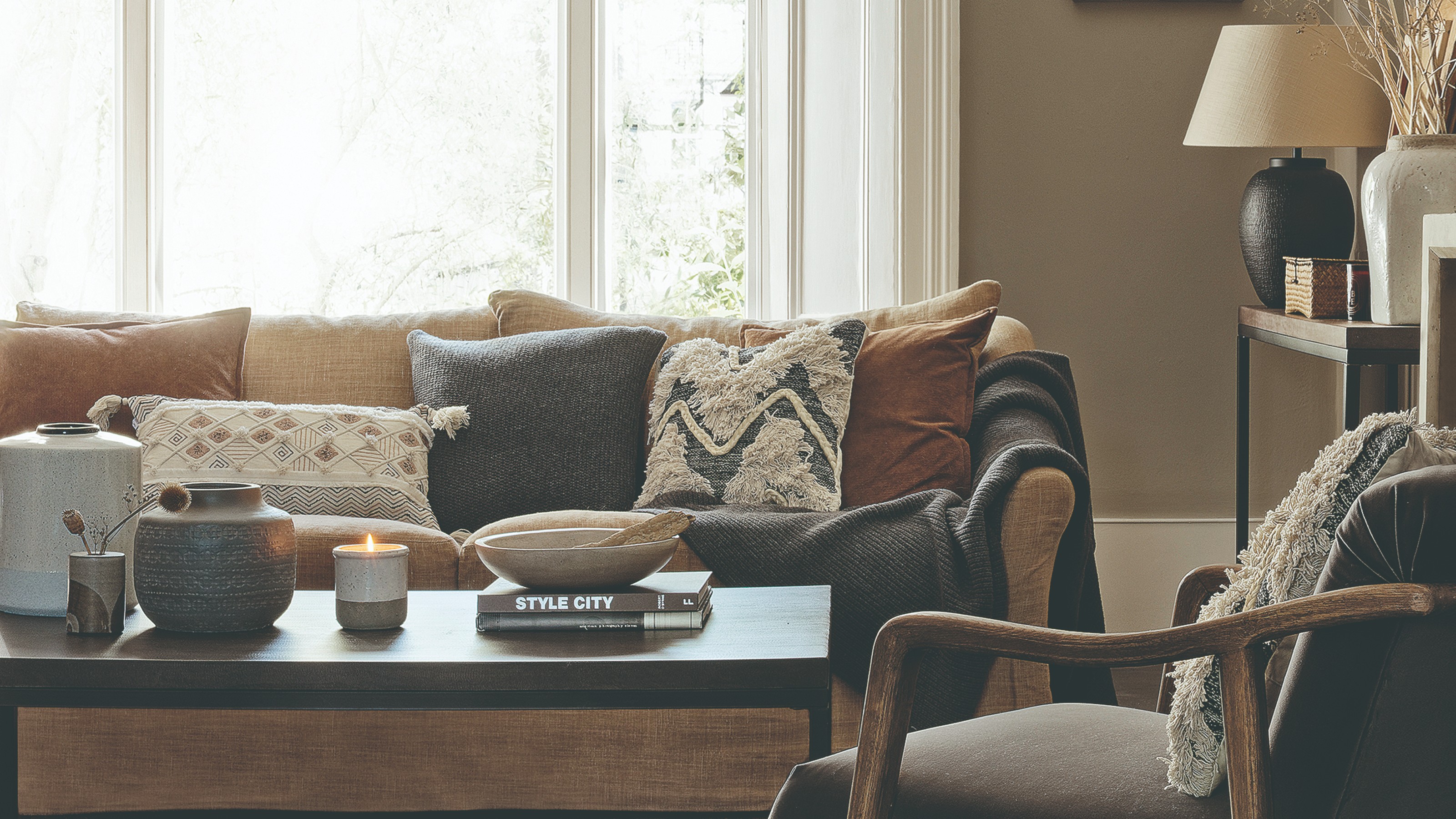
Sign up to our newsletter for style inspiration, real homes, project and garden advice and shopping know-how
You are now subscribed
Your newsletter sign-up was successful
One thing to know about me is that I love candles. I have (at least) one candle in every room of my house, and I just love their scents, the flickering light, and how they make my home feel warm and cosy - especially during the colder months of the year. But in the back of my mind, I’ve always wondered whether my candle obsession could be doing more harm than good.
Yep, as I spend my days testing the best air purifiers out there, I’ve become incredibly conscious of my home’s air quality. I’ve come to learn that simple, everyday tasks such as cooking and cleaning can fill our homes with invisible particulates that can be harmful to those who spend time in them. The bad news? After testing it out for myself, burning candles can also be added to that list.
Despite seeing the (admittedly very shocking) stats with my own eyes, the reality is that you’re never going to stop me from using candles in my home. After all, they make me happy! But there are changes I’m going to be taking to safely use candles and limit the impact they have on my home’s air quality. So, I thought I’d share them with you, too.
The effect of burning candles on air quality
I’m a stubborn woman who needs to see proof of something before I can believe it, which is why I decided to test out the effects of burning candles on a home’s air quality myself - and in my own home.
Thankfully, I had all the tools at my disposal to do so, as I have no shortage of candles and have recently been testing the Dyson Purifier Humidify+Cool PH2 De-Nox, which constantly monitors my air quality.
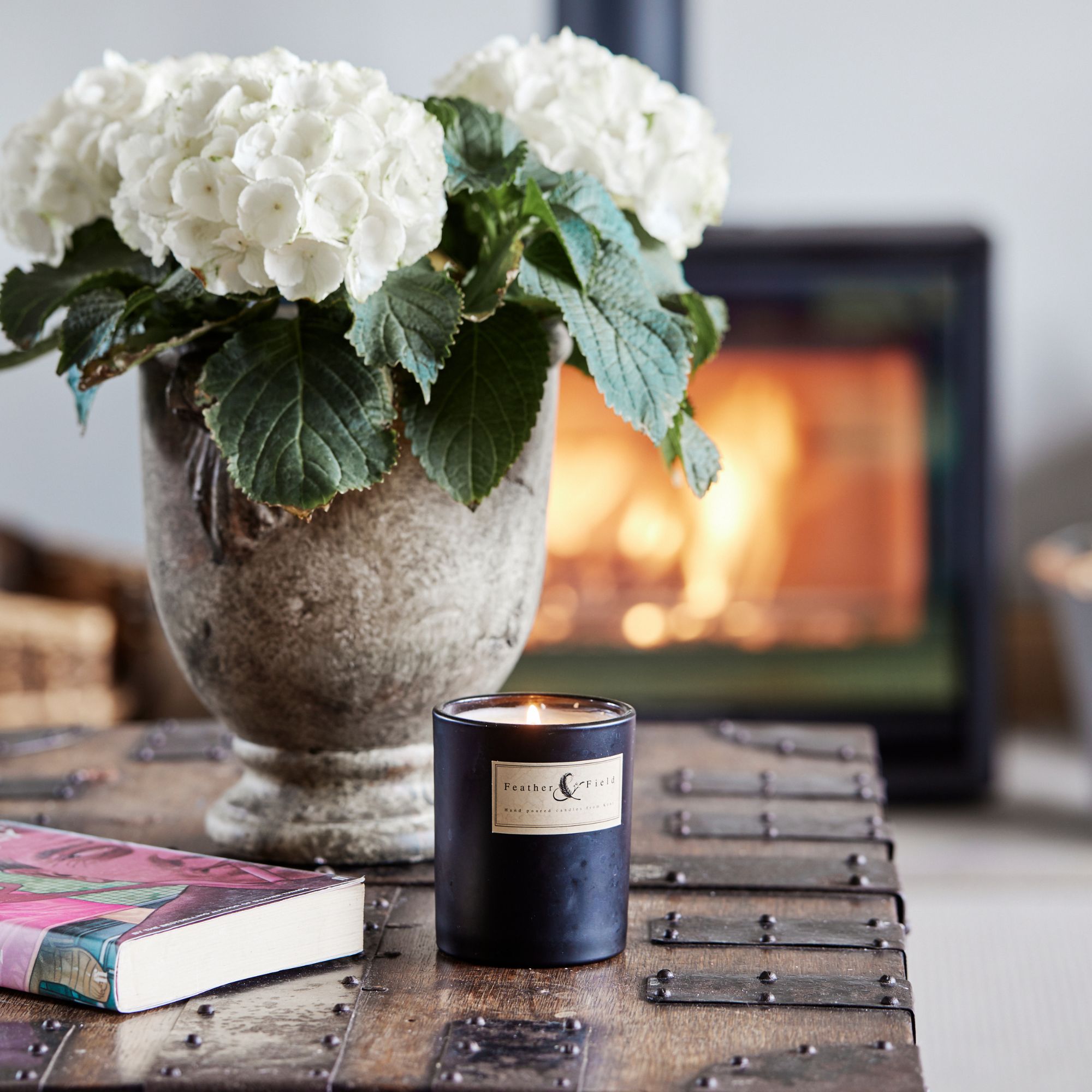
So, before I lit my candle, I turned the air purifier onto its lowest setting and recorded the PM2.5 level, which is the smaller particulate matter, such as smoke from burning candles, and the PM10 level, which is larger particulate matter often released through the scents and fragrances of candles. They were both hovering around the 4 μg/m³ (per cubic meter) mark at this stage, which is the ideal level for the average household.
In fact, the World Health Organisation states that the home should not exceed the recommended yearly maximum of 5 µg/m³, or the recommended maximum of 15 µg/m³ within a 24-hour period for 3-4 days of the year.
Sign up to our newsletter for style inspiration, real homes, project and garden advice and shopping know-how
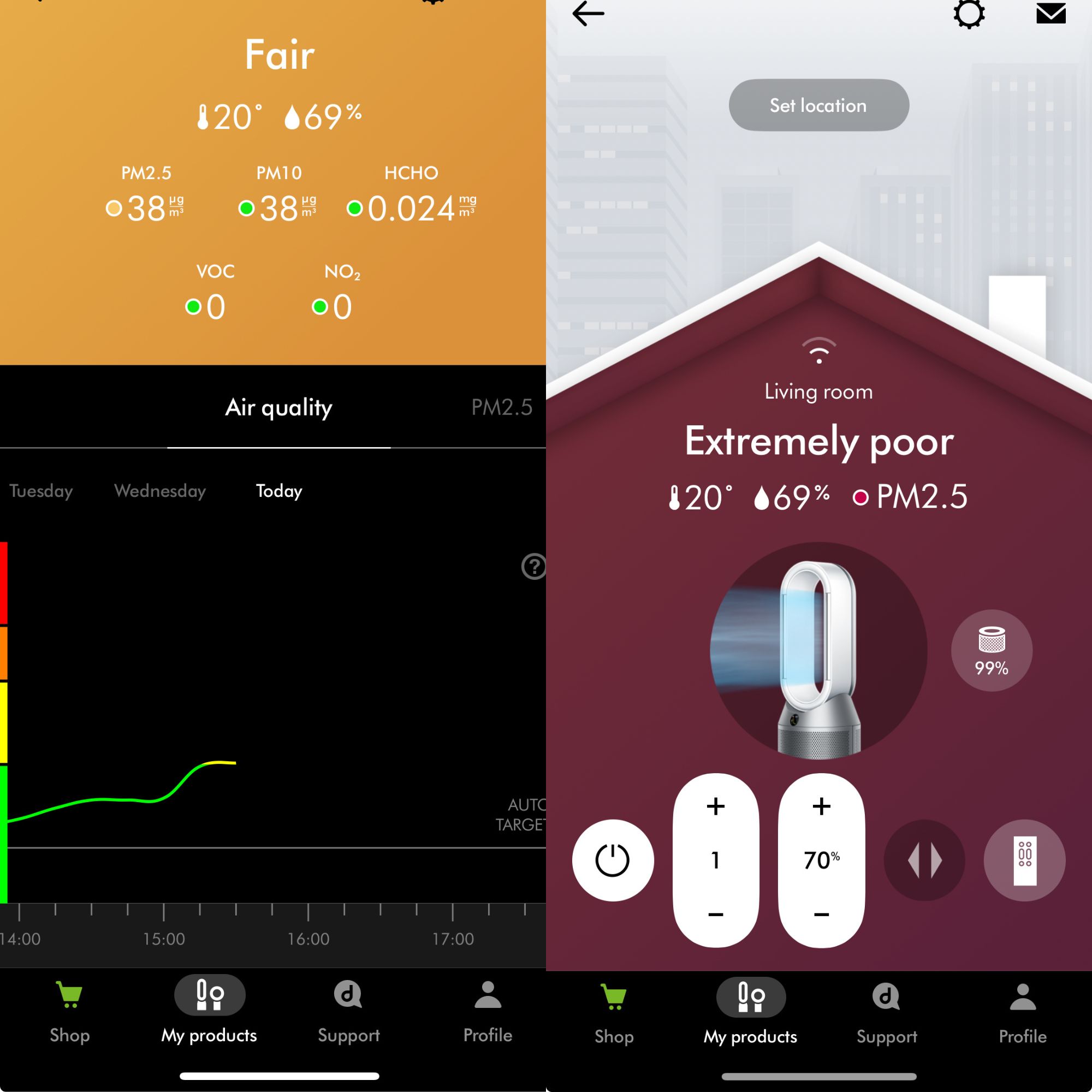
Within 30 minutes, both the PM2.5 and PM10 levels had risen to 25 μg/m³ (already way above the recommended 24-hour level), and after 90 minutes, they eventually seemed to level out at around 41 μg/m³. If I’m completely honest, it was way worse than I thought.
These figures align with what Lars Dunberger, Head of Technology at Blueair, also says about burning candles. He explains, 'Burning candles may create a cosy atmosphere, but they also release smoke and harmful chemicals into your home. Candles emit fine particulate matter (PM2.5) and volatile organic compounds (VOCs) from the wax, fragrance and wick. These tiny particles can linger in the air, reach deep into the lungs, and even enter the bloodstream - contributing to respiratory irritation, headaches and long-term health risks.'
And while I didn’t think it was possible, things got even worse when I blew the candle out and added more smoke into the mix. Within seconds, the PM2.5 and PM10 levels increased to a whopping 154μg/m³ (yes, 154!!!!!!), and my app warned me that we had entered the ‘Extremely Poor’ levels of air pollution.
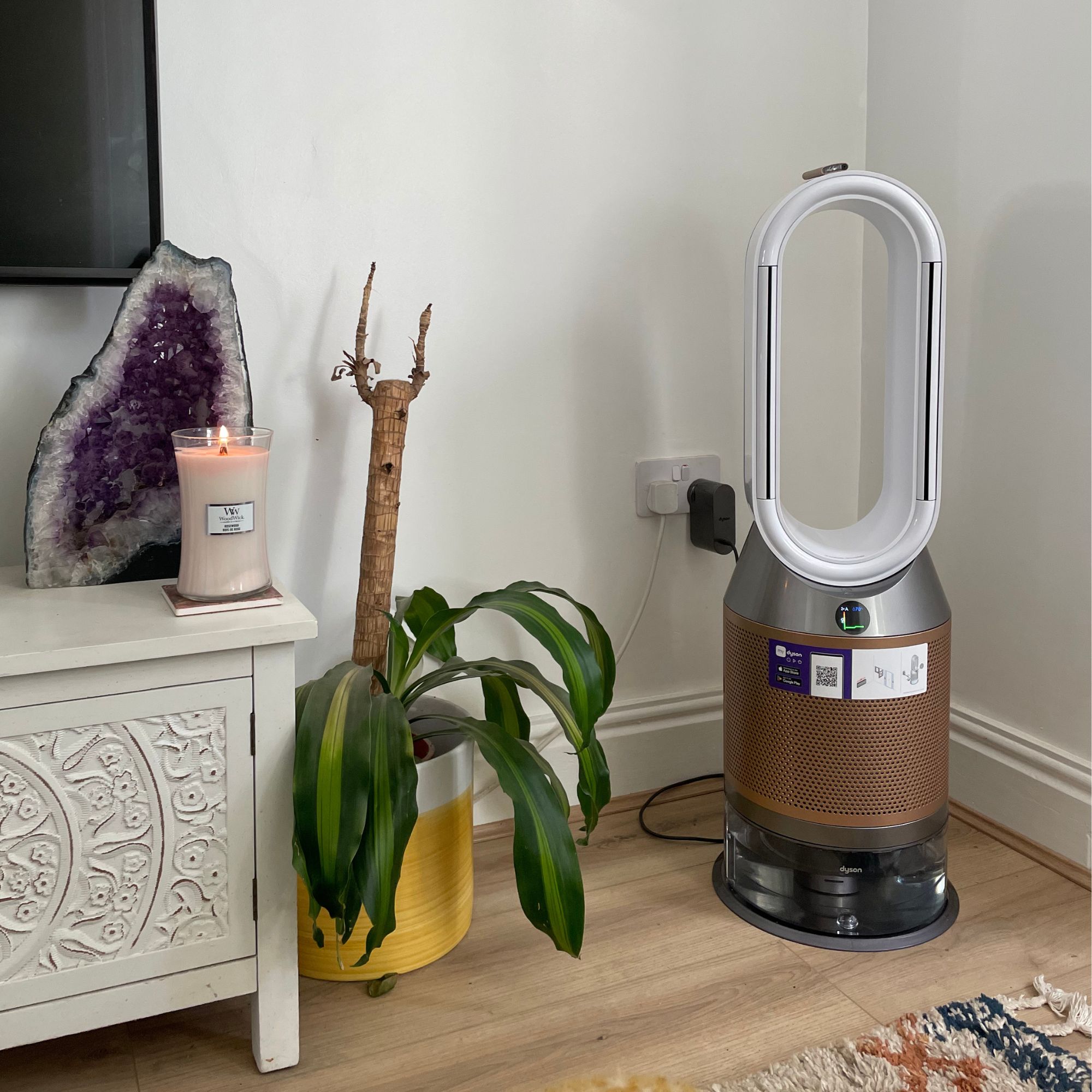
It then took around 45 minutes of fluctuating between ‘Poor,’ ‘Fair,’ and ‘Good’ before my air quality levels finally kept themselves in the green. It’s also worth noting that my air quality improved this quickly because my air purifier was on its lowest setting and working behind the scenes to remove these particles.
So, imagine how long it would take - and how long you and your family would be breathing in these harmful particles - if you didn’t have one.
How to enjoy candles without drastically impacting your air quality
Seeing how much burning candles affected my air quality definitely had me questioning all of my candle choices. However, I’m also someone who likes to find joy in the small things in life - and the reality is that candles do bring me joy.
So, I’m not going to stop using candles completely, but I am going to make some serious changes to the way I use them to ensure their impact is as minimal as possible. And if you want to join me, this is what I’d suggest.
1. Invest in a powerful air purifier
As Lars explains, 'An air purifier can help efficiently remove smoke particles, VOCs and other pollutants,' which is why it's a must-have if you want to safely burn candles in your home.
You can use my tips on choosing the best air purifier for your home, but the general rule of thumb is that you need one with a HEPA filter. If you want to regularly burn candles, it's also a good idea to opt for one that has an 'Auto' setting, which will constantly aim to bring your air quality back down to a safe level.
2. Use a candle warmer
The air quality issue I observed firsthand was caused by burning candles, so what happens when you remove burning them from the equation? Candle warmers are a safe and eco-friendly way to make your house smell good, as the warmth from the light still allows for the all-important melting process that releases the scent. Plus, you still get the cosy vibes from the ambient lighting of the candle warmer.
Candle warmers are also ideal if you’ve ever struggled with wall damage caused by your candles, as the lack of smoke and flames means that you don’t have to deal with any soot marks or bubbling paint. So, it’s a win-win.
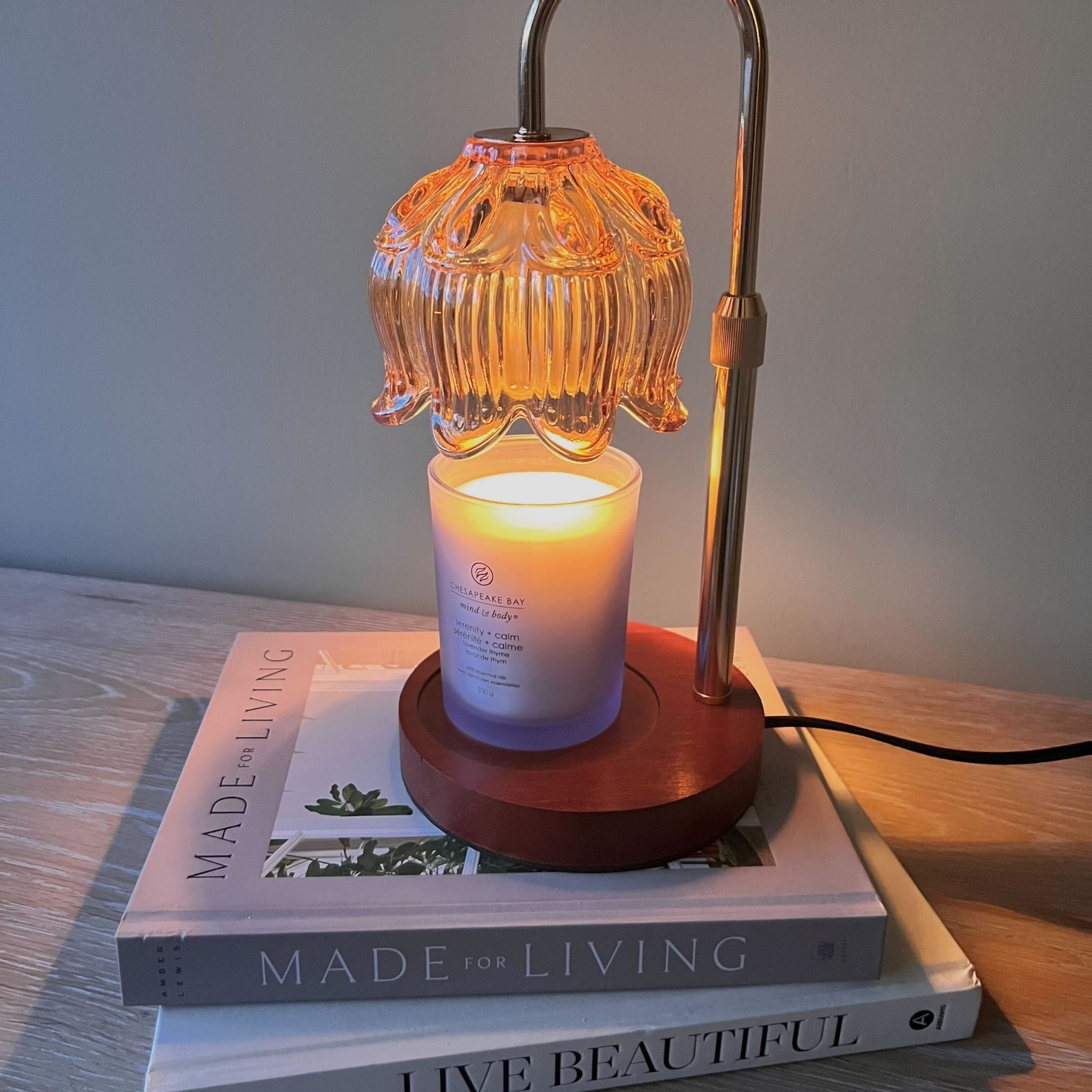
3. Choose your candles wisely
The best candles come in many shapes and forms, and I must admit that I am guilty of occasionally buying cheaper candles just because they look pretty (and don’t hurt my bank account as well). However, these cheaper candles are often filled with paraffins and other chemicals that will drastically reduce your air quality.
In conversation with air quality expert Dr Pete Knapp, Imaginfires suggest opting for different candles instead. They say, ‘Use soy or coconut wax candles with essential oils that burn cleaner than traditional paraffin-based candles.’ Choosing one with a sustainable wick - such as cotton or wood wicks - also lends itself well to a cleaner burn.
4. Snuff, don’t blow
The biggest decrease in my air quality occurred when I blew out my candle, as I added a huge amount of smoke to my home. But experts also suggest snuffing out your candles rather than blowing them out when you’ve finished burning them. This is a handy compromise if you don’t want to stop burning them altogether.
A candle snuffer may seem old-fashioned, but there are so many stylish options out there, and extinguishing the flame underneath the snuffer instead of blowing it out will keep the harmful smoke from entering your home - and your lungs.
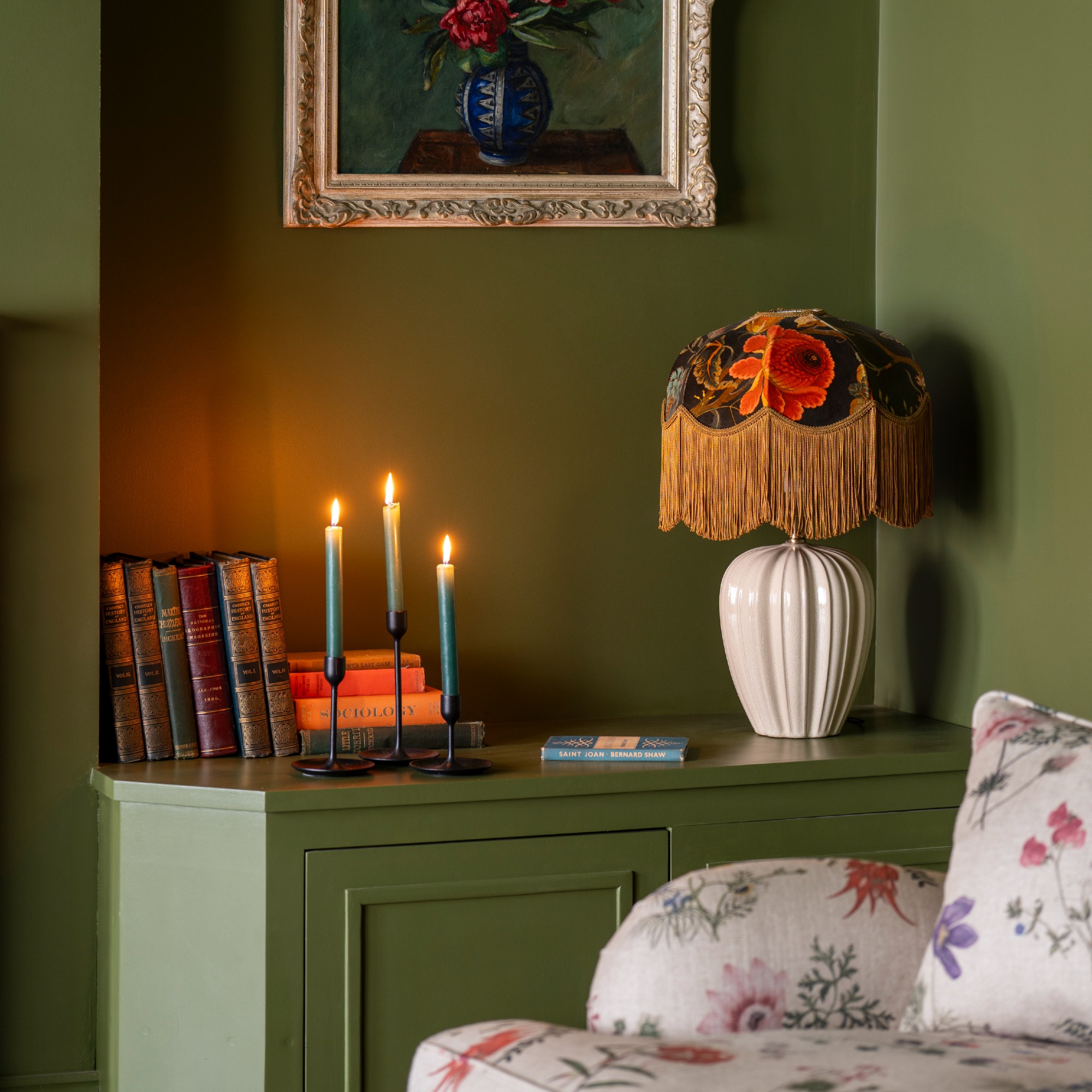
5. Ventilate
I constantly check my home’s air quality on my air purifier app, and one thing I always notice is that ventilation can make a huge difference. Simply opening a door or a window can let fresh air in and harmful pollutants out, which is why it’s important to ventilate if you want to continue burning candles.
If it’s too cold and you don’t want to open a door or window, simply turning on an extractor fan should also work wonders. The aim is to keep the air circulating in your home, rather than allowing the pollutants to settle and stagnate in the same room for hours on end.
What to shop
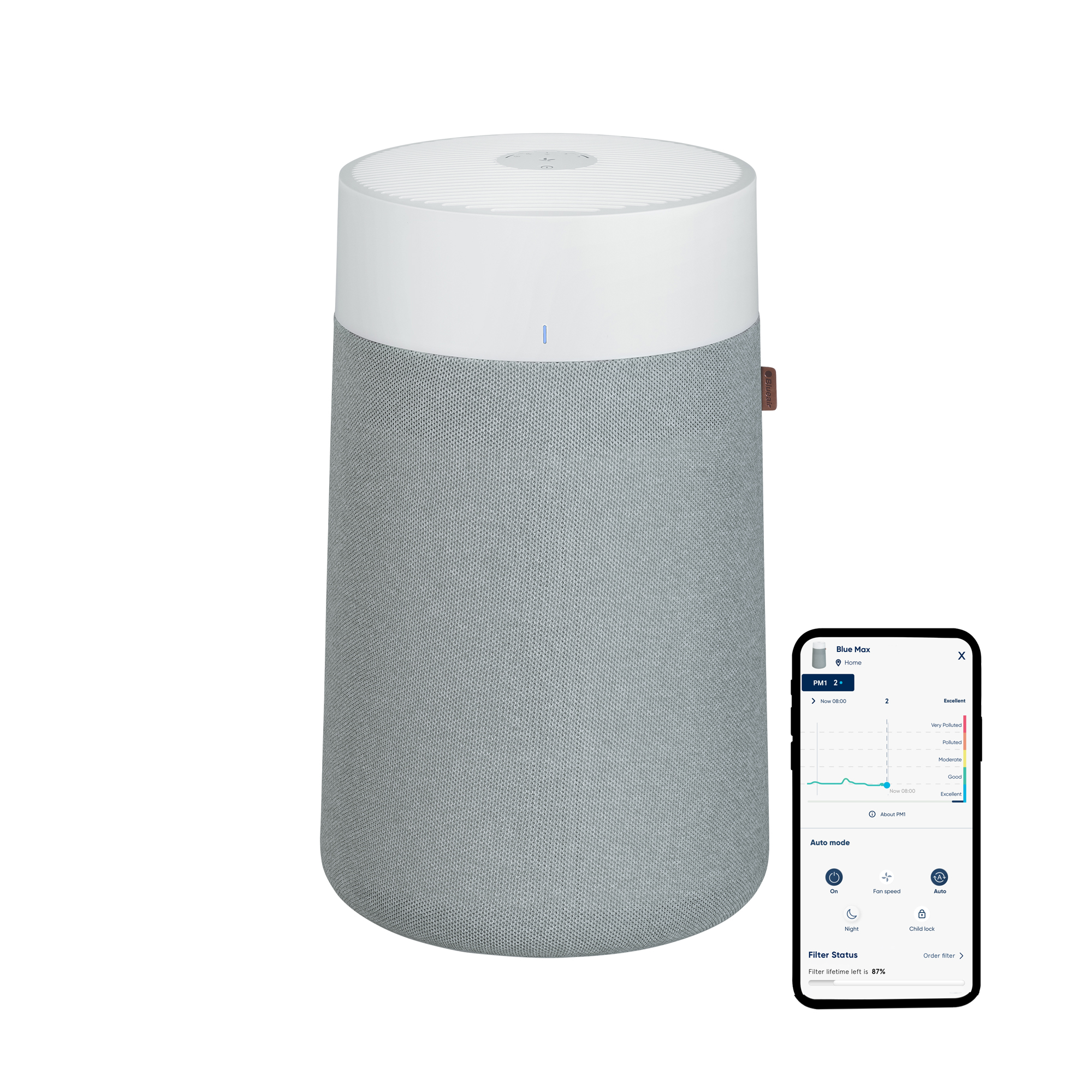
Crowned the 'best overall' air purifier we've tested, this Blueair model is extremely powerful and ideal for use alongside candles. Especially as it filters out 99.97% of airborne particles and can be used in spaces up to 48m². You can read our full review of it here.
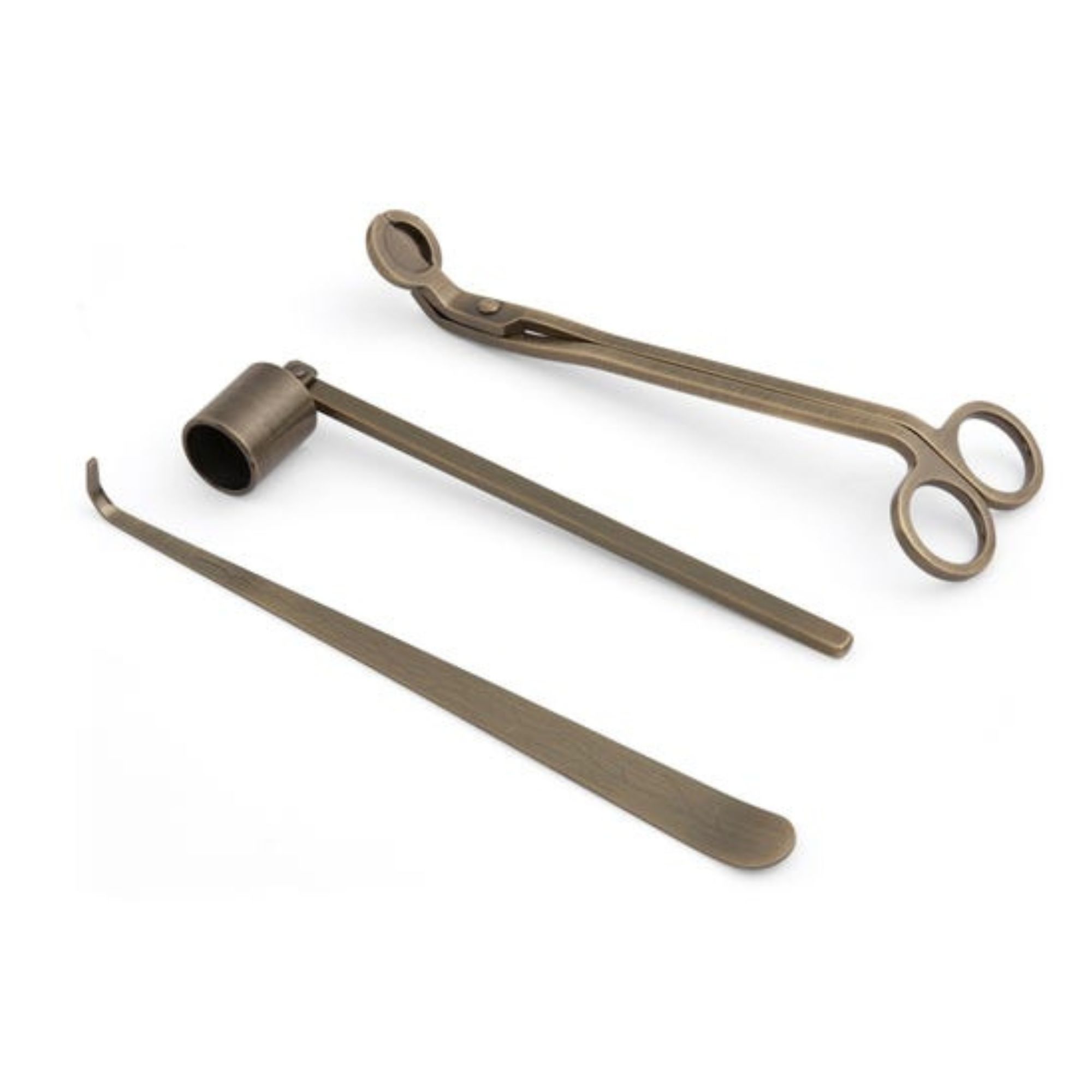
This candle care kit comes with a wick trimmer, snuffer and dipper to help your candles burn cleaner and last even longer. Trimming the wick helps to reduce smoke and soot, and the snuffer and dipper help you extinguish the flame without having to blow it out. Plus, this set is super stylish.
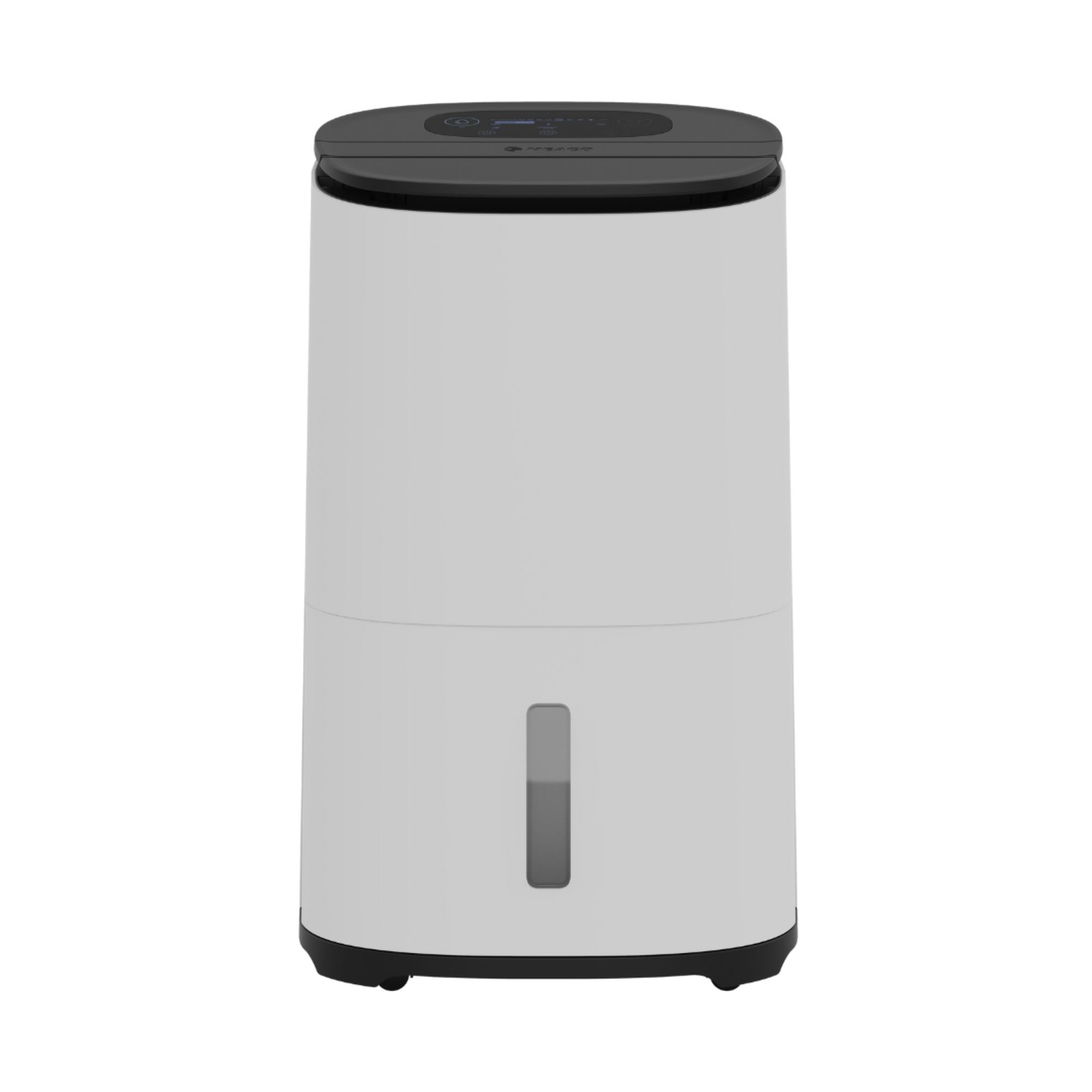
This 2-in-1 appliance merges the best dehumidifiers with an air purifier, which means it's perfect for the colder months. You can light candles and be sure to keep your home free from damp, and it comes with a whole host of convenient features, too. Read our full review of it here.
Did you know candles were so bad for your home's air quality? I'll definitely be making changes to the way I burn candles now!

Lauren Bradbury has been the Content Editor for the House Manual section since January 2025 but worked with the team as a freelancer for a year and a half before that. She graduated with a Bachelor’s degree in English and Creative Writing from the University of Chichester in 2016. Then, she dipped her toe into the world of content writing, primarily focusing on home content. After years of agency work, she decided to take the plunge and become a full-time freelancer for online publications, including Real Homes and Ideal Home, before taking on this permanent role. Now, she spends her days searching for the best decluttering and cleaning hacks and creating handy how-to guides for homeowners and renters alike, as well as testing vacuums as part of her role as the Ideal Home Certified Expert in Training on Vacuums, having spent over 110 hours testing different vacuum models to date!
